MUST READ: Crossing the Line: What Lies Behind the Surge To Te Pāti Māori?
WHAT HAPPENS WHEN people who don’t usually participate in elections decide to vote? Things turn weird – that’s what happens. This is because the people who don’t vote are very different from the people who do. The motivations relied upon by the pundits to explain the behaviour of habitual voters are not the motivations of non-voters. That’s why, when these folk cross the line separating the passivity of non-voting from the world of active political citizenship the results can be startling.
It’s why political entrepreneurs like Dominic Cummings and Steve Bannon work so hard to reach and motivate the people perennially dismissed and abandoned by the smug political campaigners of the mainstream. The Cummings and the Bannons know these marginalised individuals: the people that shit happens to; the people who live in the shit; are extraordinarily combustible. Strike a match in the right place, at the right time, and – Kaboom! – the “deplorables” explode into action.
It is precisely the “otherness” of these non-participants that makes them so potent politically. An across-the-board expansion of the electorate: one in which exactly the same proportion of National, Labour, Act, Green and Te Pāti Māori voters simply stepped across the line separating non-voting from voting; would make no appreciable difference in either the opinion polls or the polling booths. Indeed, this is pretty much what happens when people step out of the “Don’t Know” category to express a clear preference. They tend to break the same way as those who have already disclosed their electoral choices. But non-voters: the sort of people who tell pollsters and phone canvassers to fuck-off;they are different.
Non-voters come in two flavours. There are those who never got into the habit of voting, and those who, for a whole host of reasons, got out of the habit.
The habit of voting, like the habit of going to school, is a reflection of a settled family environment. In such households, all manner of social and economic connections serve to keep their inhabitants tethered to the local community and its values. The absence of these connections produces individuals estranged and alienated from the community and its concerns. The impact of politics on their daily lives being neither perceived nor explained, they do not care about elections – or vote in them.
Those who have gotten out of the habit of voting usually have a sad story to tell. For some reason, the ties that bound them to their community have been severed. It may have been the result of family disintegration, substance abuse, criminal offending and incarceration. Alternatively, it could have been job loss, prolonged unemployment, indebtedness, homelessness and/or severe mental illness. Something happened to set these individuals on a downward spiral to economic privation and social isolation. What had been citizens with rights, become invisible un-persons with nothing. Politics was for winners – not losers like themselves.
Breaking into the world of these non-voters isn’t easy. Somehow, a political movement has to convince them that the vote they cast will produce a direct and positive impact on their lives. Non-voter politics tends to be grounded in the not unreasonable observation that participating in elections, voting, changes nothing. Their cynicism is encapsulated in pithy anarchic aphorisms: “Don’t vote, governments always win”, or, “If voting changed anything, they’d make it illegal”.
The crucial thing to note about these aphorisms, however, is that they identify an enemy. “Governments.” “Them.” For non-voters, politics is what the people with power do to you. The idea that politics could be about what you do to “them” is dismissed as absurd.
The critical insight of Cummings and Bannon was that it is possible to persuade these non-voters to use their votes as weapons. Deployed strategically, the right number of votes, cast in the right number of places, can make “governments” quail and cause “them” to weep. Sell non-voters that message and you will have given them a truly visceral reason to vote. Their unlooked-for participation can ruin the whole day of the Powers-That-Be – delivering a massive one-fingered salute to the whole, evil, vicious system that ruined their lives. By voting, they can say “Fuck You!” to the people in charge, and – lo – the people in charge will find themselves unexpectedly and irremediably fucked. As happened with Brexit. As happened with Trump.
So, where would the Kiwi equivalents of Dominic Cummings and Steve Bannon go looking for estranged and alienated non-voters? What part of the New Zealand population is most likely to have been uprooted from family and community? Which citizens are most likely to fall foul of the Police, MSD, Oranga Tamariki and Corrections? What sort of New Zealander is the most likely to end up in jail – and the least likely to vote? Who, if they used their votes as weapons, could strike a mortal blow against the status quo? The urban Māori underclass – that’s who!
And who has the best chance of reaching the urban Māori underclass? Te Pāti Māori .
Not that Te Pāti Māori has its very own version of Cambridge Analytica to identify the angry and the alienated and bombard them with carefully crafted social media messages. TPM just doesn’t have those kinds of resources. What it does have, however, is its own place in the networks created to fight the Covid-19 pandemic. These networks led Māori service providers to places and people undetected and ignored by the state and its agencies. More importantly, they began the process of reconnection and tethering that allows political messages to be taken in, rather than simply thrown away.
And when these folk lifted up their heads, looking around through eyes brightened by unfamiliar feelings of pride and hope, TPM was there with the promise that, this time, this special time, voting could make a difference. Aotearoa was changing. Pakeha – especially young Pakeha – were changing. The racism was still there, of course, heightened, it would seem, by the prospect of Labour, the Greens and TPM having the numbers to keep the changes coming. But TPM also told them the country had moved on from 2005, from Don Brash and his “Iwi versus Kiwi” election billboards. An awful lot of old bigots can die in 17 years!
To the bigots still breathing, however, the Māori non-voters could deliver a very special gift – one that would ruin the racists’ whole day. In the spirit of the community that had discovered them in their time of need, and which they had rediscovered, Māori non-voters could step across the line that separates the un-person from the citizen. By casting a vote in the 2023 General Election, not only could they re-make themselves, they could re-make their country.


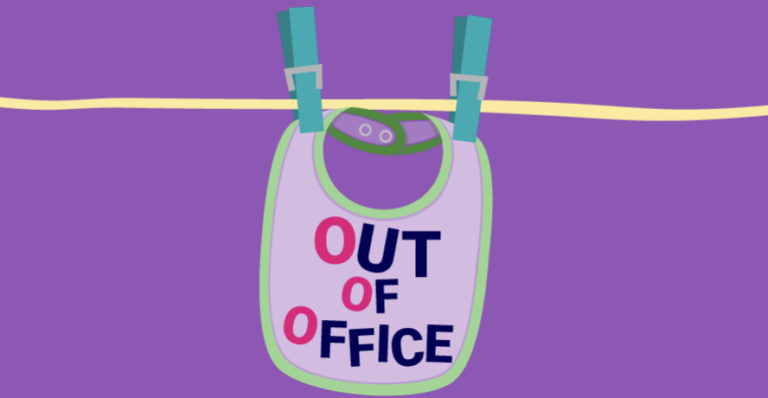
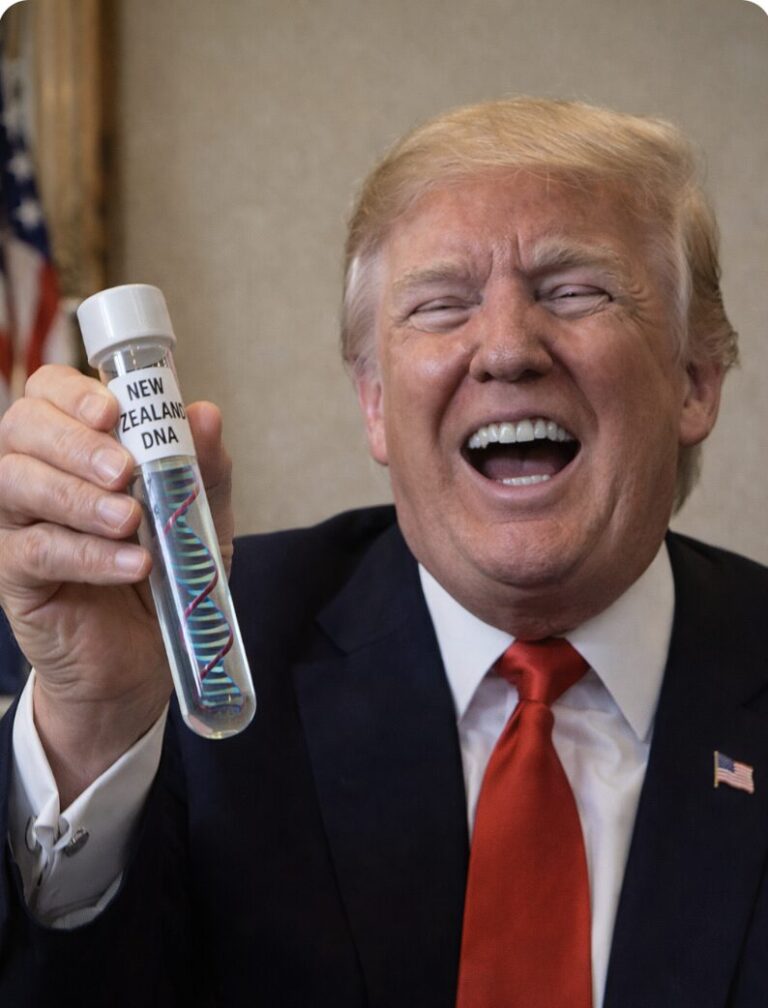
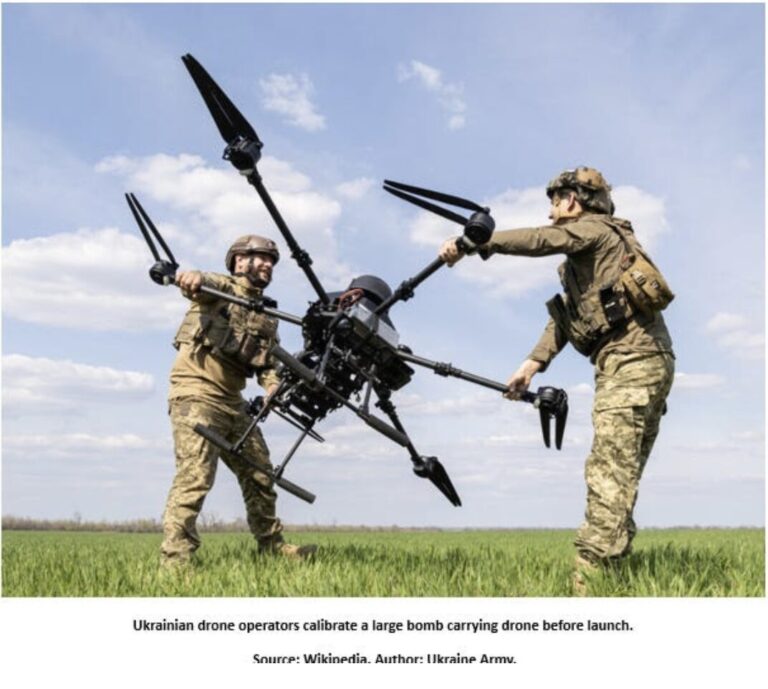
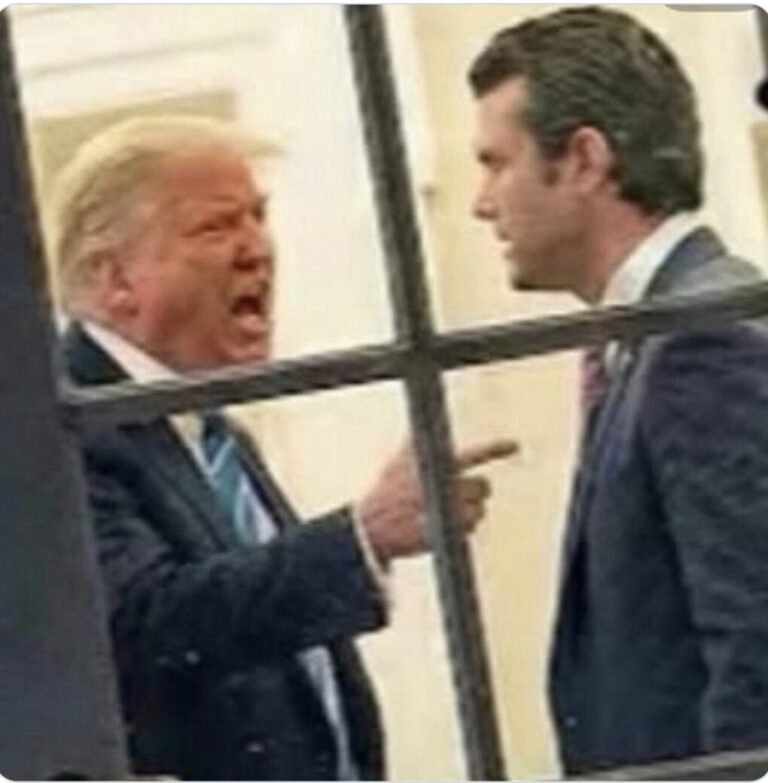
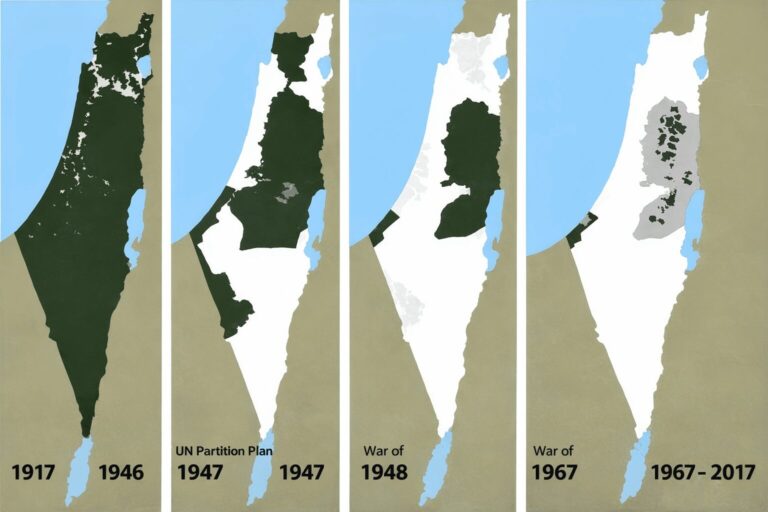
I think we’ll need to wait for the next TV 1 & 3 polls, along with Talbot-Mills, before accepting this putative ‘surge’ for TPM. And if there has been a boost – a big IF – then any suggestion it comes courtesy of the mobilisation of non-voters is purely speculative.
Most Maori would prefer to be paid more, have decent housing and health care, cheaper power and water and utilities, better access to faster justice outcomes, more safety – all of which seem to be failing in NZ with the so called identity approach, compared to citizens living standards in OZ.
Whanau Ora has been going since 2010 with 134 million budget for 4 years at that time. It does not seem to have helped Maori health outcomes in the decade plus it has been operating in….now we have another initiative for a separate health authority.
Maori voices do not necessarily agree with the current agenda being pushed through as being good for Maori
Elizabeth Rata: The Decolonisation of Education in New Zealand
https://democracyproject.nz/2022/04/22/elizabeth-rata-the-decolonisation-of-education-in-new-zealand/
We have seen with housing reforms that was supposed to help the poor and Maori, it has done the opposite, put kids in transitional housing and helped developer profits instead.
Likewise student fees were also introduced ‘to help the poor and Maori’ in the 1980’s, and has done the opposite. The only one maternity provider was supposed to help woman, but done the opposite and pretty much destroyed public obstetrics in NZ. Tomorrow’s schools and other reforms were supposed to help our education and children but instead made NZ fall in international student ratings with side effects like increased drownings for NZ kids, who no longer have access to free swimming, much of the year through school swimming pools.
Poor reforms effect everyone, they seem to alway be billed as necessary to help Maori, the poor and marginalised groups, but instead do the opposite again and again.
This is probably why the Maori party has only ever got around 30% of the Maori party vote – Mana actually got a higher percentage of party votes. A more separatist view for Maori does not seem to be popular for the majority of Maori voters.
why is he sticking his tongue out and wearing a cowboy hat? Poor soul.
LOVE it!
Hetzer, and why pakeha are ignorant of Maori.
Hetzer He’s entitled to stick his tongue out, it’s part of his culture. When it’s done in front of Parliament buildings it does take on another dimension, and can be intimidating to persons not of his culture, and it may be intended to be, and intimidation isn’t necessarily the best way to go.
If the Greens decided to hug a few trees as part of their culture, that would not be intimidating, and nor would a group of Southlanders doing the Highland Fling.
In Chch ECAN have just had 2 unelected Maori added to the board. They have full voting rights .This is racist to my mind .If they are so good why do they not stand like everyone else . If they had been there when Ngi Tahu wanted to put in a dairy farm to replace a forest located next to a river I wonder how they would have voted or would they have ruled themselves out with a conflict of interest.
I think one of the issues with NZ voting in the last few years is the opposite – they are trying to activate or even bring in, fringe groups to vote for them.
Labour and Greens have abandoned core voters (workers for Labour and Environmentalists for Greens) over the past decade and are now more interested in trying to bribe groups based on identity issues, rather than looking at the mainstream.
This has enabled a horrible synergy of approach with National and ACTS neoliberal strategy, where all parties have formed an approach to devalue professional skills and workers (apart from to increase taxes) and lower wages, while incentivising people to be in NZ who are Gangs, criminals, low waged workers and their dependants, billionaires who don’t normally live here and their dependants and their staff, more beneficiaries such as pensioners, ACC, mental health, transitioning gender, etc)
While this may pick up short term votes and make it confusing to core voters who it takes a while for it to register (NZ policies seem to all seem to have very similar policies and discourses), the aftermath of that strategy for decades now, is now plain for everyone to see with ram raids daily, prisons full of new NZ citizens and permanent residents who can’t now be deported or foreign residents spending large amounts of time in NZ prisons, meth imports out of control, terror and other public attacks in malls, churches, etc, child abuse and child and criminal courts full up with complex cases, hospital waiting lists full and getting fuller while they can’t retain and fail to train professional doctors and nurses….
OZ inspire of all it’s natural disasters (and aborigine past) seems to be doing a lot better for it’s citizens https://www.reddit.com/r/newzealand/comments/rqos57/is_new_zealand_creating_a_brain_drain/ and migrant workers https://www.theguardian.com/world/2022/jul/14/100-pure-rip-off-new-zealand-voted-second-worst-place-to-move-to than NZ’s strange, piece meal approaches that seem more enabling of poor behaviour and helping people who don’t live here and don’t need money aka the cost of living allowance and NZ pensions to foreign pensioners, than helping prosper those who are educated and law abiding living and working in NZ.
This is not a game.
I was talking about what being left is.
If the left is not left, but just another corporate team vying for market share it doesn’t matter a damn who wins.
I’m left – not someone who is currently wearing the logo and buying the merchandise. (until I see something more image-enhancing.)
Who knows maybe integrity could even be a vote-winner now, before the shit really hits and hardship wipes the shine off mere appearances.
WHAT HAPPENS WHEN people who don’t usually participate in elections decide to vote? Things turn weird – that’s what happens.
Government really love fringe groups to bribe – but not sure it is helping those who actually have a cost of living crisis in NZ or even in a position to vote here!
Dead people and French backpackers long gone, are receiving NZ cost of living payments.
https://www.nzherald.co.nz/nz/government-admits-cost-of-living-payment-went-to-dead-people/BBQ4JSKOZDITNSEHKYNQHSDC5E/
The community didn’t reach out according to the need of the alienated, but according to its own feeling of threat. Otherwise it would have reached out much, much sooner.
Maybe the fear of the ”far right” influence might wake up the left. Put down that latte and do your job.
Like Brattie, that whilst what you say is true Chris, I think enough poor Maori voters are thoroughly disenchanted with Labour that they are most likely just changing sides.
When you think about it, Labour has been short sighted in putting the Maori vote first.
Yes they will increase in population esp. younger ones coming forward but by going down this road towards self determination, Labour has started a tectonic shift that will see them be cast aside by Maori who will gain and increasingly want political power for themselves.
What place will there be for white or Tau Iwi enablers in the new regime? Food for thought and one I have no doubt that Jacinda hasnt appreciated yet.
“they could re-make their country.”
More to the point they could re-make OUR country. In to what precisely? Waititi thinks that democracy is a manifestation of “caucasity” (a bad thing apparently) so that’s a clue.
From what I can see the actual prospect of a combined Labour/Greens/TMP will lead to people turning away from all of them in droves come election time. Good.
Doesn’t MMP by its very structure negate the power of the disaffected as it creates space for fringe parties such as TPM and ACT which absorb this segment of the electorate.
Cummings et al success came in a FPP environment which has markedly different dynamics
This will scare the shit out of the middle. Looking increasingly like a National government next election better hope chrome dome remains inept and flimsy.
Middle? What middle? We are in a period of intense polarisation. The middle has collapsed.
-…the prospect of Labour, the Greens and TPM having the numbers to keep the changes coming. –
What changes Chris? There haven’t been any meaningful changes.
You see that is the problem voters now face. A Labour government with ABSOLUTE power and yet completely unwilling to make any changes.
We need lifeboats, not a school orchestra playing “Nearer my God to Thee”…
Yep
Guy Forx what’s in your mind?
If a picture is worth a 1000 words then at least one of them would have to be lame.
I might Party vote TPM myself if their numbers are looking good in 2023, I have recently voted Green and before that Mana and Alliance and New Labour, have not voted Labour since 1984, but have occasionally voted for a Labour electorate candidate when they have a chance.
Iwi teams definitely reached out to the alienated and hard to find during COVID. I know some Pākehā who were vaccinated in Te Hiku outreaches and got $50 food vouchers to boot. Show don’t tell as the saying goes.
Māori Wards on various Councils are going to up the political participation rate amongst Māori also. A number of young Māori in the Far North are not down and outers, they run small businesses and have a positive outlook–they will be voting consciously not on some revenge mission.
The thing to remember is that the successor generations to boomers have a different view on things Māori, and there is a good number of Pākehā for whom fear is not a factor.
Well good luck with all that. I’m looking at not voting next time because there’s no one worth voting for. I’m not prepared to go down and line up at some crappy polling booth for a gaggle of geese, a pack of wolves, a skulk of foxes, or a cutie bevy of larks, when I could be growing beans or weeds.
In a democracy, people who don’t vote get the government they deserve.
The people who DO vote get the government they deserve.
It’s just the rest of us that don’t deserve it…
Well put.
After 9 years of national we certainly found that out!
That statement would be true but for the fact that we are not a functional democracy. And we wont be until we renounce all of the colonial and neo liberal legislation and power structures. Our politicians know this but they will carry on arranging the deck chairs on the Titanic for international capital and their local placeholders. To try to do what we need to do to become a democracy is not good for your career longevity, and in extreme cases your life expectancy.
Yep. That old “get what you deserve” lark is dead.
We’re not a democracy. We’re a globalist colony in collapse.
That’s the false dichotomy. For voting to make a difference there’d have to be a meaningful choice. Purely superficial differences aren’t meaningful. At least National doesn’t pretend to care.
I hear you Snow, I still have a vote that has to go somewhere but my conscience wont allow me to drop out.
Fantail. Well, thanks for bringing in consciences… I agree but, sometimes it’s the seemingly small unexpected things which can be stumbling blocks, and at this point in time, the spectacle of the Children’s Commissioner being axed, is mine. And I know that there are ok sort of people in Oranga Tamariki, who feel the same way. It’s so self-evident that the CC has been doing a much needed job, that I am sceptical about politicians who are dismissive of that particular office, and supporting them becomes a moral issue. But that’s just me.
Our dark underbelly of family violence is a separate issue, and a biggie.
I don’t think non voters are inaccessible but if maori was, I’d imagine it’s just easier to clap hands and appear spirited. Could also argue higher inaccessible or beyond wages or some dumb shit.